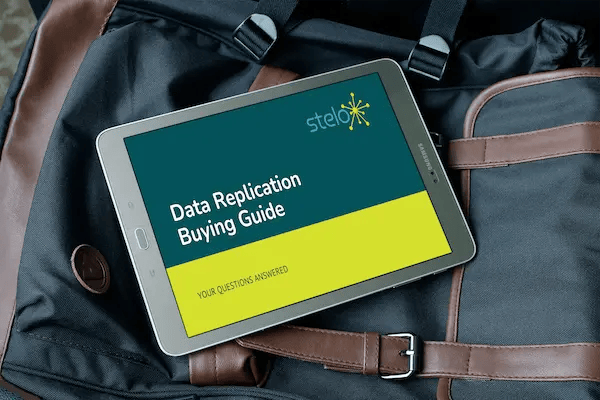
Data Replication Buying Guide
Choosing the right data replication vendor is a one of the most critical decision that IT professionals must make. Selecting the wrong data replication solution can have catastrophic consequences: nightmarish production downtimes, ballooning costs, and time-consuming rebuilds. Stelo's "Data Replication Buying Guide" can help you to discern which data replication providers will offer value over time and which ones will continuously create headaches.
In this comprehensive guide, we address key considerations in your data replication vendor decision process including, total cost of ownership, product features and performance, and support, answering essential questions such as:
- Where does the processing happen?
- Can I customize what I replicate?
- What happens if connectivity is lost?
Fill out the form to the right to download the guide.
